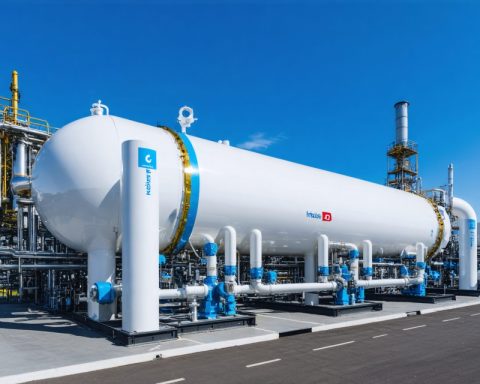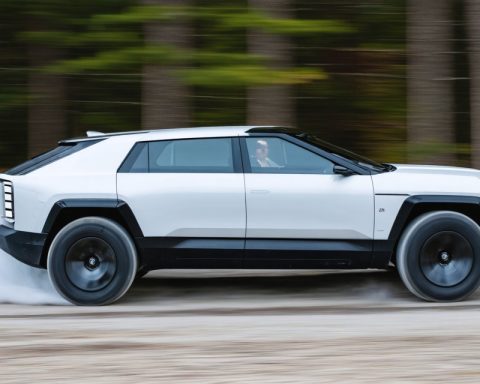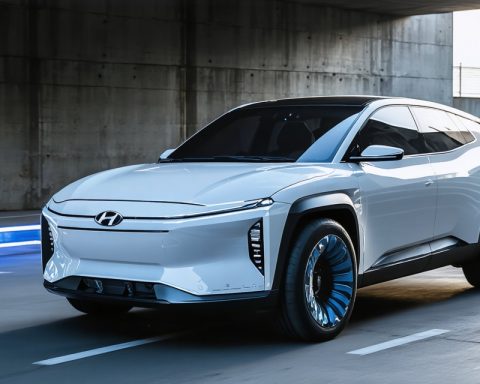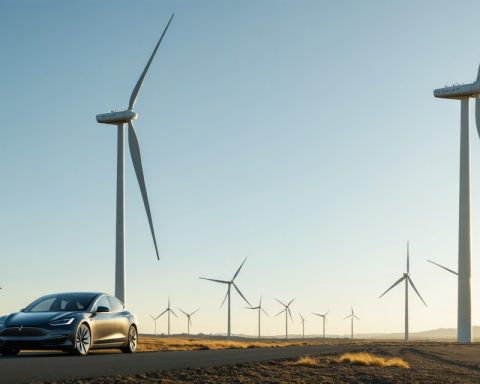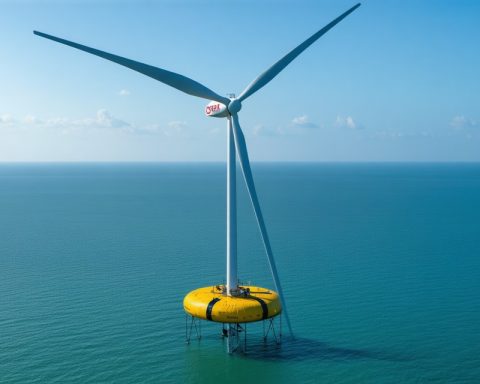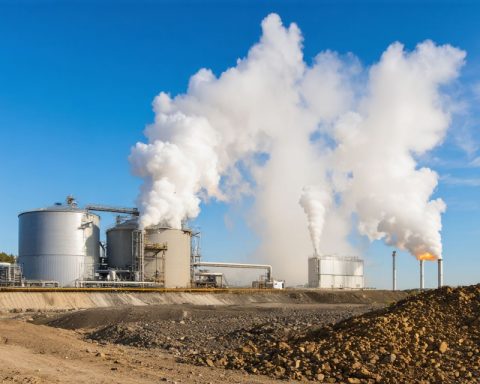Browse TagEuropean Decarbonization
European Decarbonization refers to the process of reducing carbon dioxide (CO2) emissions within Europe, aimed at combating climate change and transitioning to a low-carbon economy. This involves a variety of strategies and initiatives focused on decreasing reliance on fossil fuels, increasing energy efficiency, and promoting the use of renewable energy sources such as wind, solar, and hydroelectric power. The goal is to achieve substantial reductions in greenhouse gas emissions to meet international climate commitments, such as those outlined in the Paris Agreement, and to promote sustainability within European nations. Efforts in decarbonization also encompass various sectors including transportation, industry, and agriculture, as well as the implementation of policies, regulations, and technological innovations that facilitate this transition.
